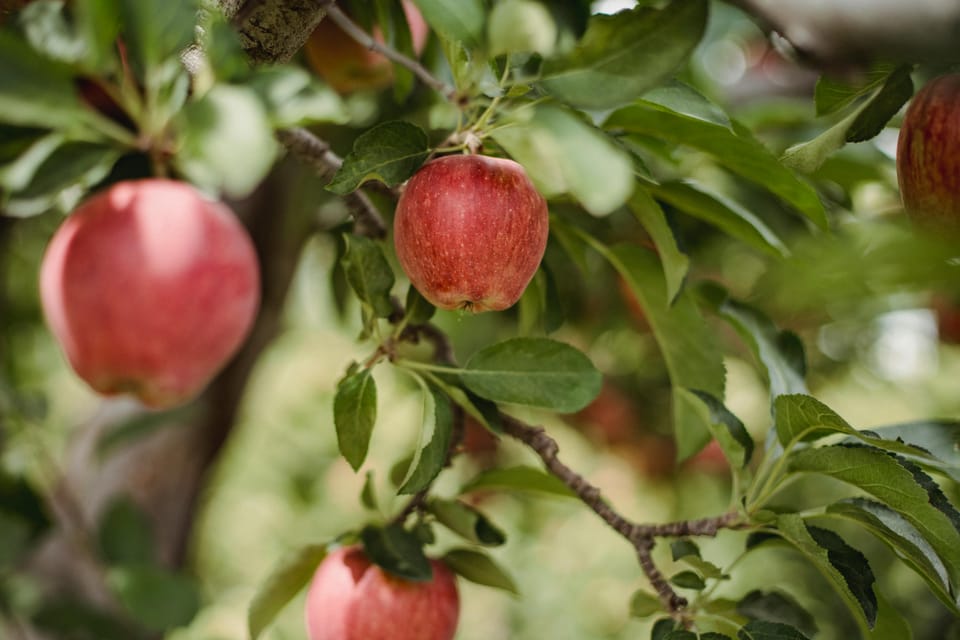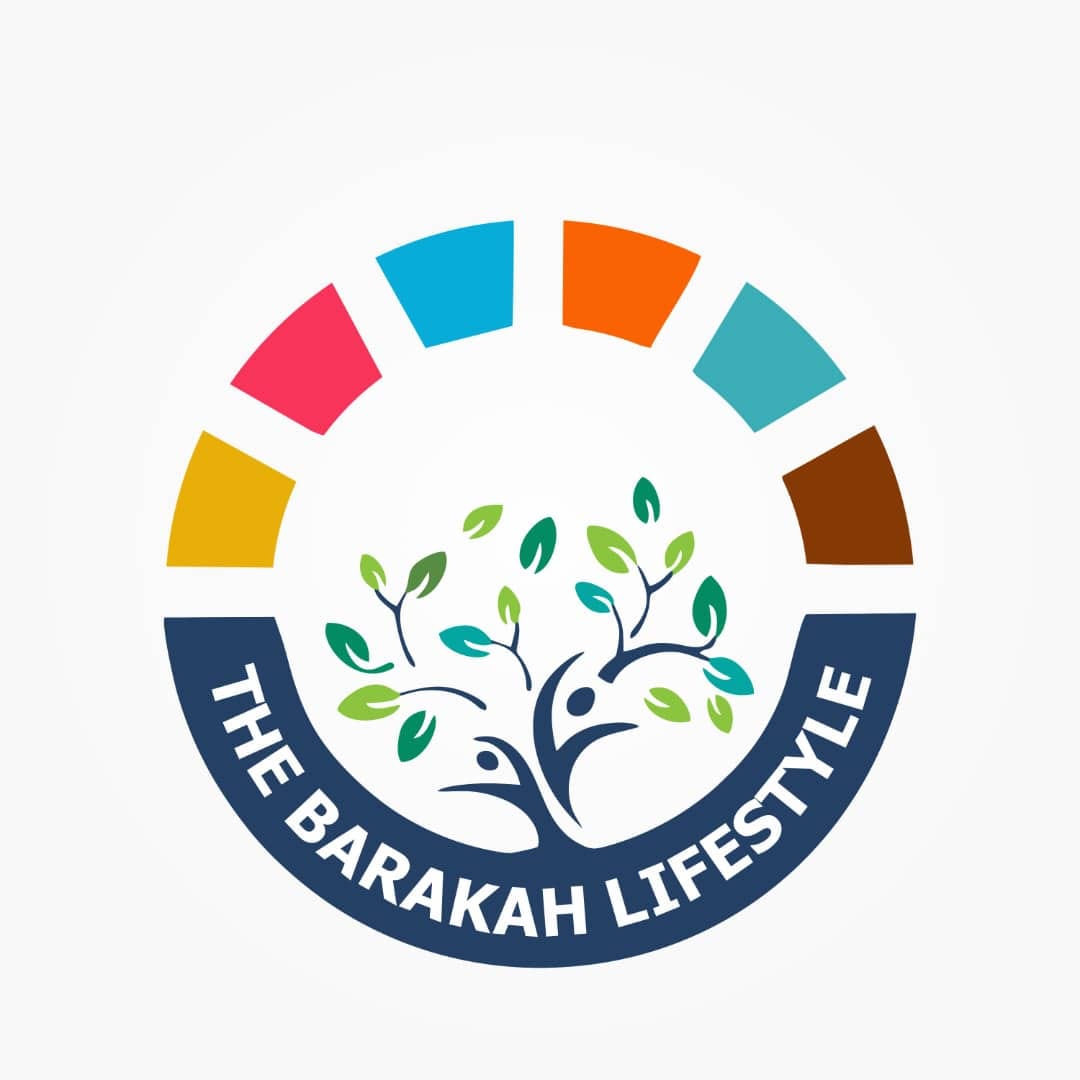The little Bounties from my Rabb

During a casual conversation with one of my dear sisters about how to stay fit and healthy without overcomplicating things, she said something that resonated deeply with me: "Just because you weren’t directly given something doesn’t mean Allah didn’t want it for you."
There are countless ways to interpret this, but it made me reflect on the provisions Allah has granted us—particularly when it comes to maintaining a healthy lifestyle. It reminded me of the importance of avoiding what Allah has forbidden, things that may be harmful to both our body and soul, and instead using what He has made permissible for us.
In Surah Al-Baqarah, verse 172, Allah says:
"O you who believe! Eat of the good things with which We have provided you, and be grateful to Allah if it is [indeed] Him that you worship.” (Quran 2:172)
Across the world, depending on culture and tradition, naturally occurring plants and roots are used in various ways. In West Africa, turmeric is used to alleviate indigestion and prevent high blood pressure, while in East Africa, it’s primarily used in beauty treatments, teas, and spices. Similarly, bay leaves, often used to enhance the aroma of food, are also used alongside black cumin in some cultures as a space cleanser with calming effects on the mind.
Everything permissible for us—whether it's herbs, fruits, clean water, vegetables, or animals—is part of the divine provision from Allah. These are all we need for essential nutrients, energy, and maintaining a healthy balance internally and externally. From the sunnah practices like sitting while drinking to dividing the stomach into thirds (one for water, one for food, and one for air), the Quran and Hadith provide us with guidance on leading a healthy life.
Recognizing the benefits of natural remedies and intentionally choosing to care for our body, mind, and environment is part of our duty as Muslims. Our physical body is an amaanah (trust) from Allah, and we will be accountable for it. Allah will ask us on the Day of Judgment about the blessings He gave us, including our health, food, and drink.
As it is mentioned in Surah Al-Takathir, verse 8: “Then, on that Day, you will be asked about the delight [you indulged in].”
Islam, as a complete way of life, touches every aspect of our well-being. We are commanded to eat and drink from what is good but to avoid excess. As stated in Surah Al-A'raf, verse 31:
"O Children of Adam, take your adornment at every masjid, and eat and drink, but be not excessive. Indeed, He likes not those who commit excess."
Umar ibn al-Khattab (RA) also warned against having a potbelly, saying, "Avoid having a potbelly, for it spoils the body, causes diseases, and makes prayers tiring." (Abu Nuaim)
Starting the day with a tea of ginger, cinnamon, cloves, black seed, and honey, staying hydrated with clean water, eating meals rich in fresh greens and balanced with calories, and ending the day with the calming fragrance of incense made from bay leaves and black cumin—all while bathing in a turmeric, coffee, and coconut oil scrub—can truly nourish the body and soul.
Written by Olagunju Abisola Ashiat
